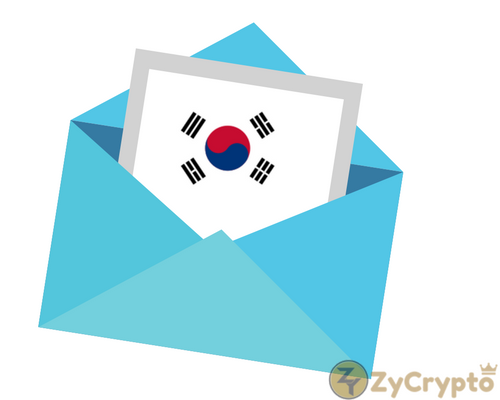The Financial Services Commission of South Korea has announced new cryptocurrency rules which will put the country on the world map. The new rules will allow better regulations in monitoring trading. The new rules will provide clarity on which activities are considered correct and those who are not valid.
Preventive guidelines
South Korea has an active cryptocurrency ecosystem, and regulators have been part of the system from the early days itself. The pro-active administrators have introduced changes and tweaks to existing regulations so as to provide better guidance to traders, banks and other agencies included in the transactional processes, mining, and other crypto activities.
But the presence of a large crypto industry has also had its pitfalls. A slew of illegal activities from crypto-jacking, money laundering through anonymous accounts, and to the largest Korean exchange Bithumb being swindled of coins from cold wallets are the highlight.
Thus, the focus of the regulators in reorganizing the industry guidelines has been the illegal activities. Here, the anti-money laundering as well as Know Your Customer is now a mandatory requirement at the country’s exchanges.
Investigates 3 banks
The Financial Services watchdog has also added more powers to administration allow it to regulate trading transactions and monitoring users. The regulator has also included the services of the intelligence wing of the country, the popular Korea Financial Intelligence Unit to add their inputs in monitoring the crypto user community.
The primary thrust of the new guidelines continues to be monitoring local cryptocurrencies at the exchange markets. The Commission has in fact taken immediate action at three local banks.
The commission has asked officials to investigate – Nonghyup Bank, Hana Bank as well as Kookmin – since they have been offering different services for cryptocurrency users and exchanges as well.
Monitoring Exchanges
The government has also attempted to shackle the free run that the exchanges had thus far, with a new set of regulatory requirements. The key is that the exchanges will now have to verify its users with two sets of checks, the Customer Due Diligence as well as the Enhanced Due Diligence.
These are actually background checking processes and will offer the necessary information the exchange needs so as to evaluate and monitor foreign and domestic users at the country’s exchanges.
A very specific development with the new set of rules is that, if the users are not offering their identity in using trading accounts, then they are liable to be penalized under the money laundering act. Hence, it has become the responsibility of the exchange to verify users and ensure criminals are not part of their user database.
Kimchi Premium
An addition to the existing policies, exchanges have to be wary and prevent the occurrence of illicit funds transfer, which is locally called as ‘Kimchi Premium.’ Such funds are typically suspicious in their activity and are easily moved between bank accounts and cryptocurrency accounts with least monitoring. The banks have been empowered by the government to investigate any fund transfer which appears to be leveraging the kimchi premium for funds movement.







